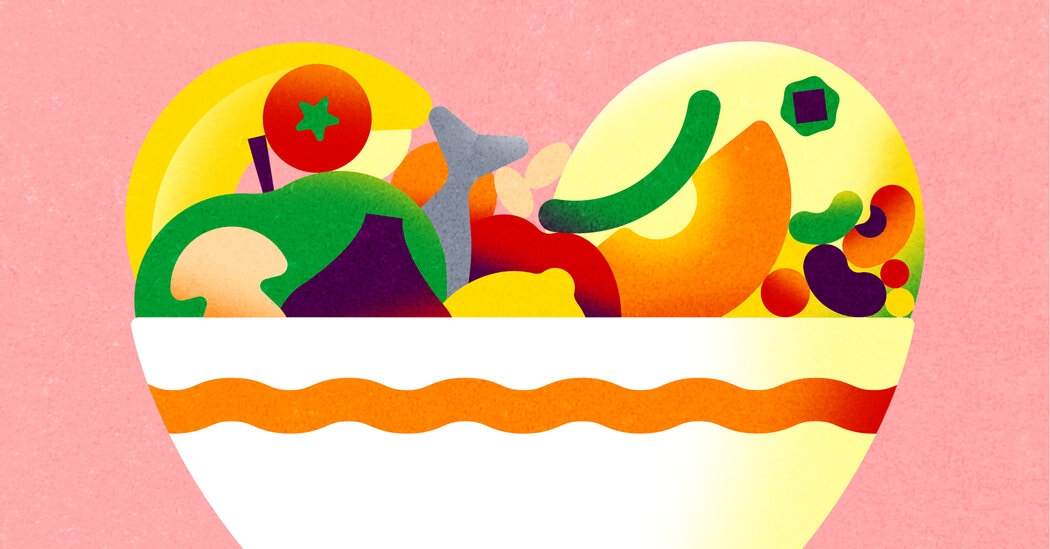When Dr. Deepak Gupta discusses blood pressure management strategies with his patients, they often jump to say that they know they should cut down on salt, he said.
But that’s not the only dietary change that can lower blood pressure, said Dr. Gupta, a cardiologist and associate professor of medicine at Vanderbilt University Medical Center.
More than two decades ago, researchers showed that the Dietary Approaches to Stop Hypertension (or DASH) diet, which is rich in fruits, vegetables and whole grains, could dramatically reduce high blood pressure. This was true even when clinical trial participants consumed high levels of sodium.
Nearly half of adults in the United States have high blood pressure, so a lot of people would benefit from adopting the DASH diet, said Dr. Stephen Juraschek, an internal medicine physician and associate professor of medicine at Harvard Medical School.
Yet few people actually follow it. In one online survey of 3,000 U.S. adults conducted in March, only about 1 percent of the respondents said that they’d tried the DASH diet within the last year. That’s “kind of stunning,” Dr. Juraschek said, because there is so much evidence to back it up.
What is the DASH Diet?
One notable feature of the DASH diet is that it calls for many fruits and vegetables — four to five servings of each per day.
